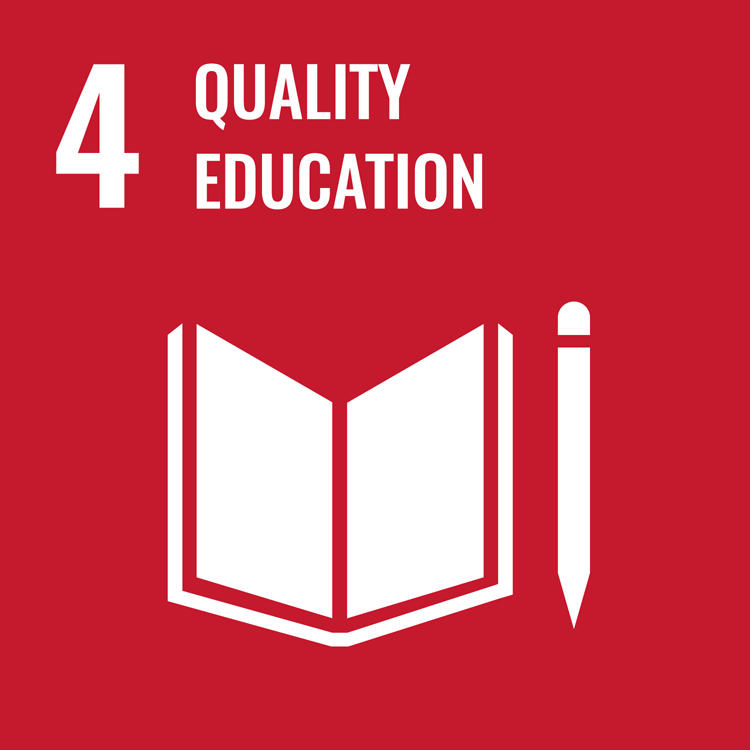Sustainability education and employability


We offer a range of teaching, events, paid internships, funding and advice for students to help you improve your sustainability knowledge and skillset and make a difference, no matter what you study.
The Sustainability Education Thematic Forum
Chaired by our Sustainability Education Advocates, leading projects and initiatives to embed sustainability education across our formal and informal curriculum. Any staff wishing to contribute to this forum are encouraged to get in touch at sustainability@exeter.ac.uk.
- Education Thematic Forum Project Plan 2022-2023
- Education Environment and Climate Emergency Ongoing Activities and Action Plan 2
Living Labs and Sustainable Development
The institution has a large focus on delivering living lab opportunities.
We work with a wide range of partners across sectors to develop solutions to the environment and climate emergency and stand ready to work with all organisations to achieve net zero together, based on science, evidence and experience. Please visit the following sites for further details:
- Green Futures website
- Living Systems Institute
- Global Systems Institute, including the Pivot Project with the Global Systems Institute
- Environment and Sustainability Institute






